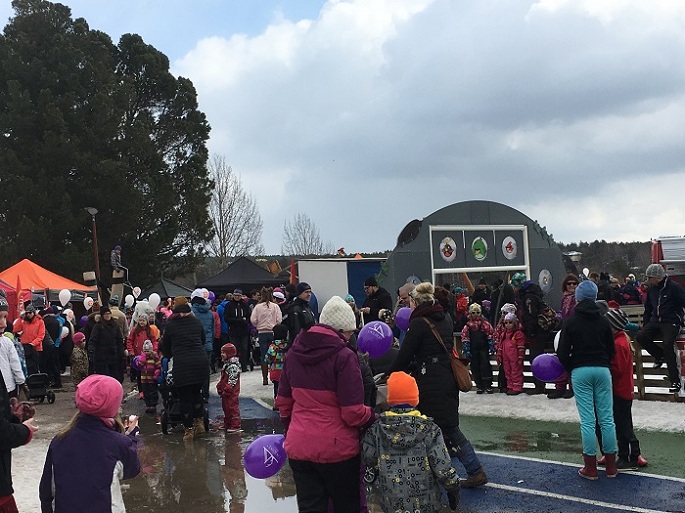Finnish society undergoes policy changes in 2018
Published : 03 Jan 2018, 00:08
The year of 2018 may witness an unusual amount of social policy changes in Finland, including some clearly divergent.
A new law takes effect as of Jan. 1, 2018, enabling the entry of strong beer into normal stores and allowing restaurants selling hard liquor to remain open until 4 a.m. if they want.
Meanwhile, the Ministry of the Interior has estimated that it needs to recruit at least 170 more police officers to cope with the impact of the new legislation and to deal with possible "disorderly conduct" related to alcohol.
Starting from the new year, the cost of child day care will be reduced remarkably. As 68 percent of Finnish children under six-year-old attend municipal day care, lowering of the tuition rates will increase the household income noticeably.
The rates charged depend on the size and income of a household and the number of children in day care. For example, the monthly rate for two kids from a family with a 5,000-euro monthly income will lower from 443 euros to 321 euros. Households earning 2,200 euros or less will pay nothing.
Teemu Lehtinen, director of the Finnish Taxpayers Association, told national broadcaster Yle the reduction will mean major savings to middle and high income families.
However, the pleasure of lower child care rates does not offset generally rising housing costs, affected by several government measures.
Housing loans are a major expense in Finnish households as owning your house or apartment is the predominant mode of accommodation. In earlier decades, interest payments could be fully deducted in taxation, and inflation reduced the value of the loan. In recent years, inflation has been negligible, and the right to deduct has been reduced. In 2018, 35 percent of the interest payments can be deducted instead of 45 percent in 2017.
Cost of living in houses with oil burning heating will go up as fuel oil will be taxed more heavily in 2018.
The year of 2018 is likely to see income polarization between the private sector work force, public sector employees and benefit receivers.
After several years of low or no increase in salaries, 2018 will see raises in the union tariffs, and in high demand sectors such as shipbuilding salaries may increase further. But pensioners and public sector workers may see contradicting trends. The talks about public sector general increases have not yet begun, but the reduction of vacation bonuses enacted in 2016 continue for another two years.
While salaries rise, there is no cost index protection any longer for social benefits and pensions, even though minor increases have been budgeted.
The public sector tariff talks still ahead are expected to be tough. Besides, pensioners in particular are in an even weaker situation in talks, as they lack powerful representative organizations despite the large number.
The position of seasonal workers from outside the European Union improves, but favors those who are formally employed in Finland. They will be allowed better access to Finnish public service such as health care.
The reform concerns people who stay in Finland maximally nine months. Those who arrive in Finland on their own to pick up berries, for example, without formal employment are not eligible. The reform helps those who are employed to get conditions of a level acceptable in Finland, while those on their own may be more dependent on market forces.
Expert level non-EU arrivals will find their entry much easier than today. If employed, they can start working even before the Finnish Migration Service has processed the application.


